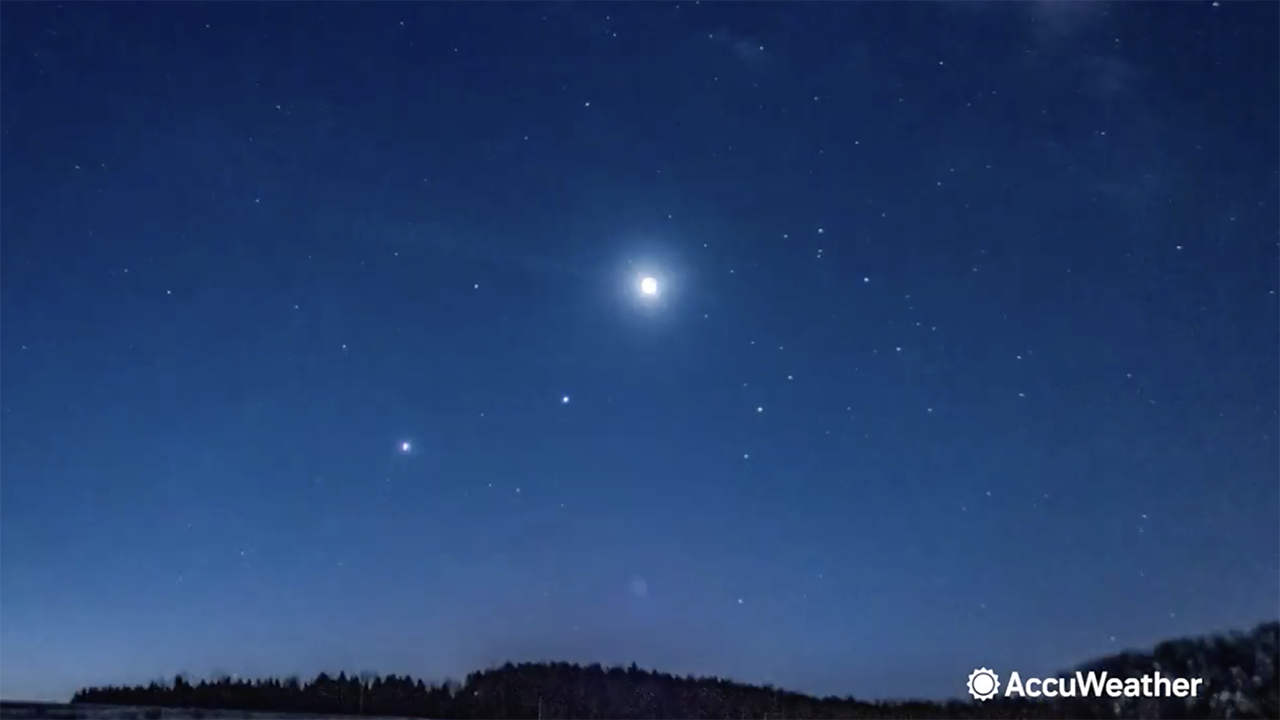Comet Neowise, discovered in late March, is appearing brighter as it approaches the sun, according to AccuWeather. Researchers say this is the first time the comet will be passing Earth in 6,800 years.
[Ads /]
At the moment, it is brighter than Halley's Comet was in 1986.
Stargazers will be able to see it in the evening. After sunset, look for the comet toward the northwest, just below the Big Dipper. If you're looking before sunrise, it will be visible in the opposite direction.
Lyn Ward took video of the comet from northwest Harris County late last week. The streaking tail appears to be similar to condensation trails produced by aircraft engine exhaust.
RELATED: Jupiter to dominate Monday night sky as planet orbits closest to Earth

Jupiter to dominate Monday night sky as its orbit reaches closest to Earth
[Ads /]
It will be closest to Earth on July 22 at a distance of about 64 million miles.

5 astronomy events to look for in 2020: Consecutive supermoons, Halloween Blue Moon, solar eclipse
Comets are icy, small solar system bodies that warm as they pass close to the Sun. That warming process produces the signature tail as gasses are released.
SEE ALSO: How to spot Neowise, newly discovered comet now visible to naked eye

